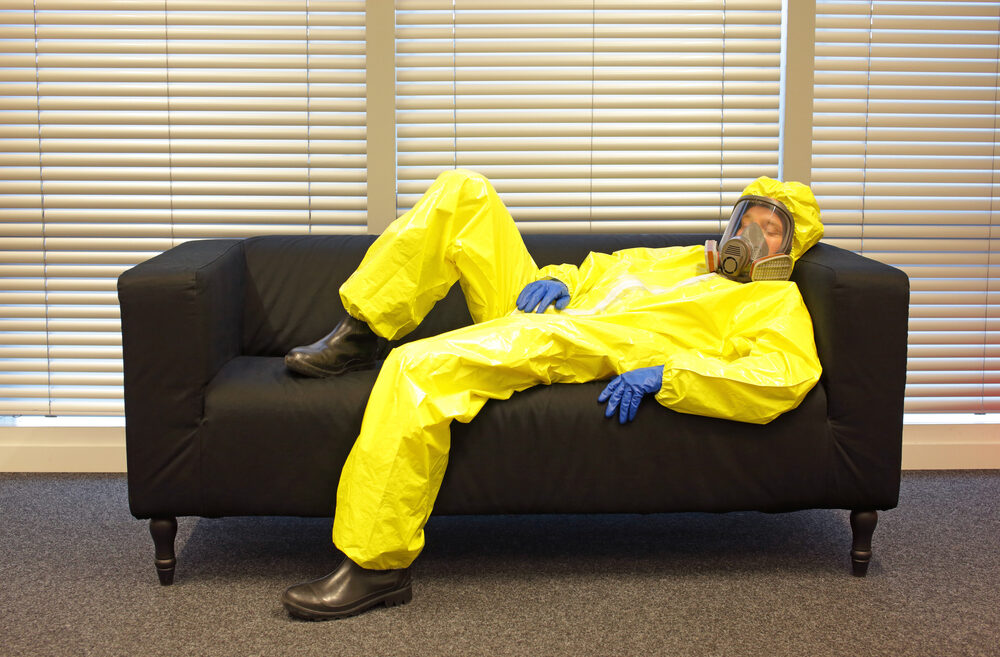
One of the easiest things you can do to relieve stress is taking a walk in nature. A study published a year ago says that if you take just 20 minutes out of your day feel in contact with nature – sitting in a park or strolling on the riverbank will do – will significantly reduce your stress hormone levels. Another means of breaking free from your daily routine is travel. Even a city break or a weekend trip will reduce your stress levels significantly – even a short trip will do.
Well, the current situation makes it impossible for most of us to feel connected to nature or take a short trip or a casino break. The strict self-isolation mandate from the government forces people around the world to stay at home. If the stress caused by the news about the pandemic wouldn’t be enough, being stuck at home adds to it, threatening the mental health of people subjected to it.
Stress, anxiety, loneliness
“Isolation, physical distancing, the closure of schools and workplaces are challenges that affect us”, Hans Kluge, Director of the WHO’s European branch, said a few weeks ago, “and it is natural to feel stress, anxiety, fear and loneliness at this time”. While flattening the curve is vital in this situation, the mental health of those in isolation and quarantine should also not be taken lightly.
While those of us stuck at home due to the social distancing mandates will not experience the stress levels of those in quarantine, the effects of being stuck at home will take their toll on our mental health, too.
From low mood to PTSD
Being isolated for a long time, alone or with family members, can have a variety of effects on people. Some of them are milder and more common, like insomnia and low mood, and some of them can be stronger, like emotional exhaustion, depression, and post-traumatic stress. Studies conducted on those under strict lockdown in Wuhan. The effects of isolation were strongest on those with children. And they take quite some time to overcome.
What to do about it?
Being stuck at home means your possibilities to take care of your mental health are limited. You can still do a few things to make the time you spend stuck at home more bearable.
Try to recreate the small things that make you feel better on a normal day – like having the first sip of coffee at your favorite coffee shop on your way to work. Even things that seem insignificant – like crafting something new, learning a few words in a new language or trying a new recipe – will give you the small boosts that will help you get through the day.
Maintaining a routine is very important while you’re stuck at home. Get enough sleep, wake up at a healthy time, eat around the same time each day – make sure your meals are healthy – and keep yourself occupied. But make sure not to spiral down the “eat-work-sleep” cycle – do something fun for a change to lift your spirits up. And make sure it’s not merely browsing social media and binge-watching a series online.
Try to limit your exposure to the news – instead of reading all the dramatic and scary news that circulates online, stick to the official sources alone when you want to know the latest updates. The constant stream of news about the outbreak will most likely increase your feelings of stress and anxiety, especially because of the news media’s habit to present all news in a more dramatic way to maximize its emotional impact.
And make sure to stay positive – this, like everything else, will pass.